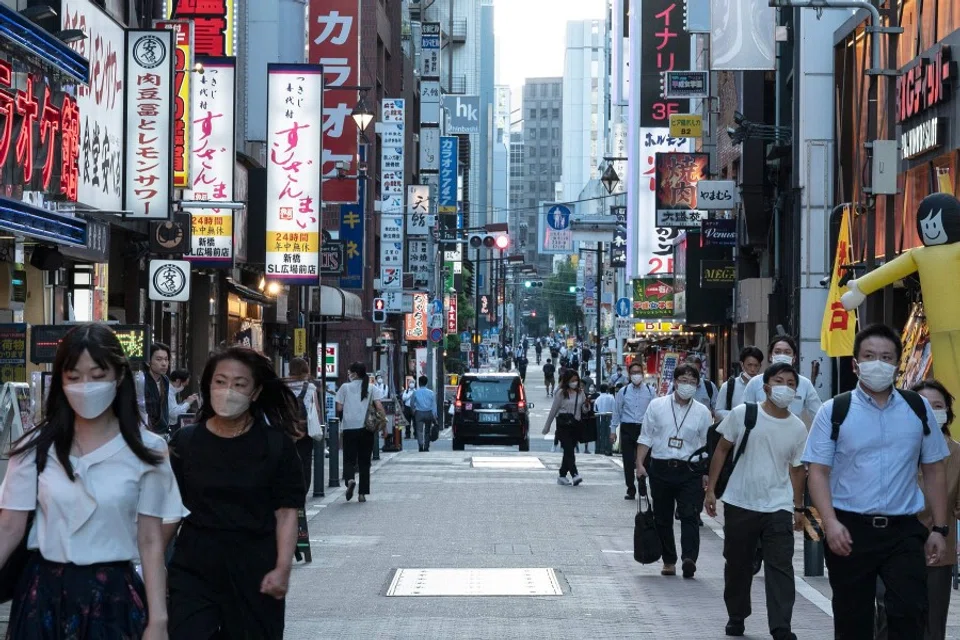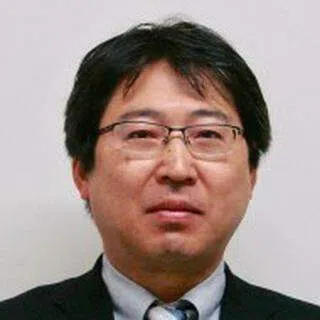In search of better relations with Japan? China's inscrutable Japan policy
Japanese academic Shin Kawashima wonders if a recent Japan-China press conference signals China's willingness to engage Japan amid heightened tensions after Chinese missiles landed in Japan's exclusive economic zone. Even if this is so and the Kishida administration is keen to emphasise relations with China, it will not be an easy task to answer China's call.

In response to an invitation from the Chinese, Takeo Akiba, secretary-general of the National Security Secretariat of Japan (NSS), and Yang Jiechi, a Politburo member of the Chinese Communist Party (CCP), held a press conference on 17 August 2022.
In 2013, when the Japanese NSS was launched, Yang Jiechi was the counterpart to the secretary-general, so it is no surprise that the conference was attended by Yang Jiechi on the Chinese side and not Foreign Minister Wang Yi. The issue is the timing.
As is well known, Chinese criticism of Japan intensified around the time of US House Speaker Nancy Pelosi's visit to Taiwan, and Wang Yi was even absent during a speech by Japanese Foreign Minister Yoshimasa Hayashi at the East Asia Summit Foreign Ministers' Meeting. So why did this press conference suddenly come about at this time?
...the prime minister and foreign minister are easily criticised as pro-Chinese in Japan. At present, nearly 90% of the Japanese population have negative feelings toward China and being labelled "pro-Chinese" could be fatal to politicians.
The cause can probably be attributed to the Japanese side. The Fumio Kishida administration has its base in the Kochi faction. Among the factions within the Liberal Democratic Party of Japan (LDP), the Kochi faction places the greatest emphasis on China relations. Foreign Minister Hayashi is also a member of the Kochi faction and is the head of the Japan-China Friendship Parliamentarians' Union.
For this reason, the prime minister and foreign minister are easily criticised as pro-Chinese in Japan. At present, nearly 90% of the Japanese population have negative feelings toward China and being labelled "pro-Chinese" could be fatal to politicians.
That is why the Kishida administration did not set out to improve relations with China until after the Upper House election in July and the Cabinet reshuffle in August. Now that the Cabinet reshuffle has been completed, an opportunity to engage in diplomacy with China has finally arrived. This is one of the reasons why Akiba's visit to China was given the green light.

The second factor is that the 50th anniversary of the normalisation of diplomatic relations is coming up at the end of September. Both Japan and China are trying to use this event as a stepping stone to improve relations. The Chinese have emphasised the importance of the occasion even more than the Japanese, and up until Speaker Pelosi's visit to Taiwan, they had emphasised the importance of the commemorative events through the Chinese foreign ministry.
Now, Japan-China relations have been greatly damaged by Chinese missiles landing in Japan's exclusive economic zone (EEZ) during military exercises around Taiwan, but it seems that both Japan and China have the intention to somehow separate the Taiwan issue from the big picture of Japan-China relations as the commemorative events are approaching.
The third factor comes from the Chinese side. It is believed that a Beidaihe meeting or "summer summit" was held in August, and both President Xi Jinping and Premier Li Keqiang returned to the public eye by the middle of the month. It is likely that the meeting proceeded relatively smoothly. To some extent, the meeting might have served as a support for handling relations with Japan during this sensitive time.
On the other hand, it might be argued that public opinion in China has recently become quite severe toward Japan, meaning that it is necessary to manage relations with Japan so that public opinion does not become confused by the Japan issue around the time of the 20th National Congress of the CCP.
Although Japan is no longer seen as the intermediate zone like in the past, it is possible that China is trying to get closer to Japan too to some extent, with the US being cast as the "main enemy".

The fourth factor is US-China relations. The American stance on China is becoming more severe not only with regard to the Ukraine issue but also with the Taiwan issue. China has also begun to make overtures to countries in Western Europe recently. Although Japan is no longer seen as the intermediate zone like in the past, it is possible that China is trying to get closer to Japan too to some extent, with the US being cast as the "main enemy".
On 22 August, President Xi and Premier Li each sent their sympathies to Prime Minister Kishida, who had contracted Covid-19. This might also be a signal to the Japanese side of the willingness of the Chinese side to improve relations with Japan. However, even if China, which has just conducted large-scale exercises around Taiwan, tries to "approach" Japan, this is unlikely to have a significant effect.
...we still have a long way to go before we can turn the 50th anniversary celebrations at the end of September from mere events into substantive dialogue.
Of course, the commemorative events will be held in some form, and the Kishida administration will try to hold a dialogue with China as a Kochi faction administration. Also, as relations with Russia become more difficult, the Kishida administration needs to ease tensions in relations with China as much as possible. However, domestic public opinion in Japan is still quite harsh on China. By the end of this year, Japan's National Security Strategy and other important documents for diplomacy and security will have been drafted.
Under these circumstances, they will probably be hesitant to go ahead with improving relations with China. There is little time left to the anniversary, but it seems that we still have a long way to go before we can turn the 50th anniversary celebrations at the end of September from mere events into substantive dialogue.
Related: Balancing China: Can Japan continue to be a reliable power in SEA after Abe? | The real reason why Japan is following the US's lead | US academic: Is Japan a true and loyal US ally? | Constitutional revision is not entirely Japan's domestic affairs | Are Chinese fears of a rise in Japanese militarism post-Abe valid? | Would cross-strait reunification threaten Japan's maritime oil routes?



![[Photos] Fact versus fiction: The portrayal of WWII anti-Japanese martyrs in Taiwan](https://cassette.sphdigital.com.sg/image/thinkchina/3494f8bd481870f7c65b881fd21a3fd733f573f23232376e39c532a2c7593cbc)

